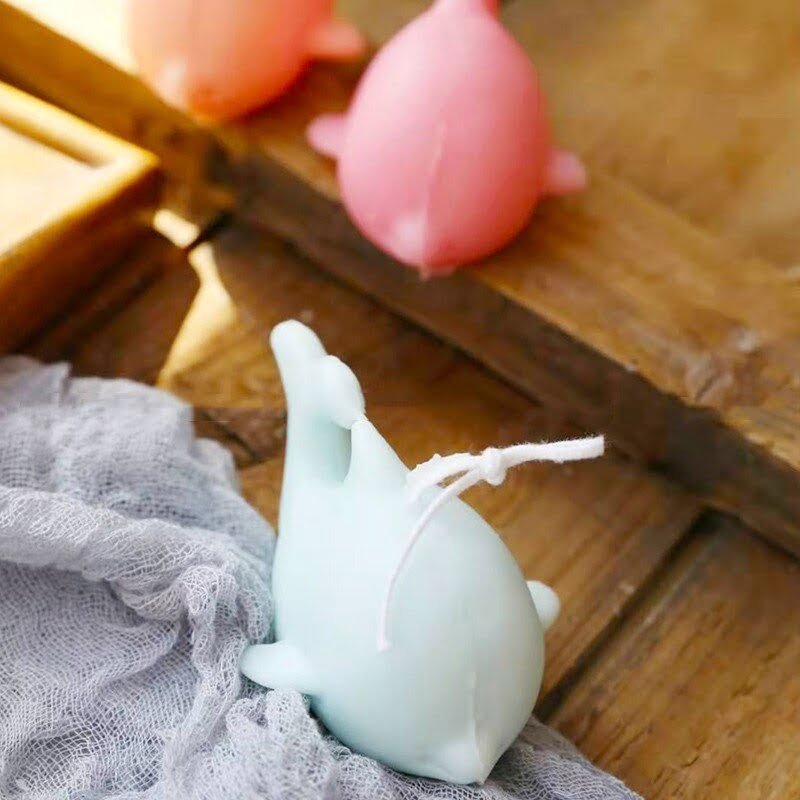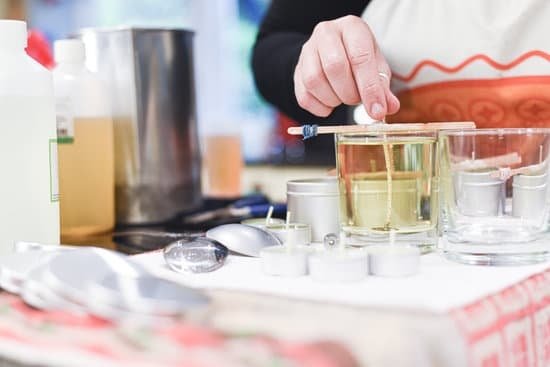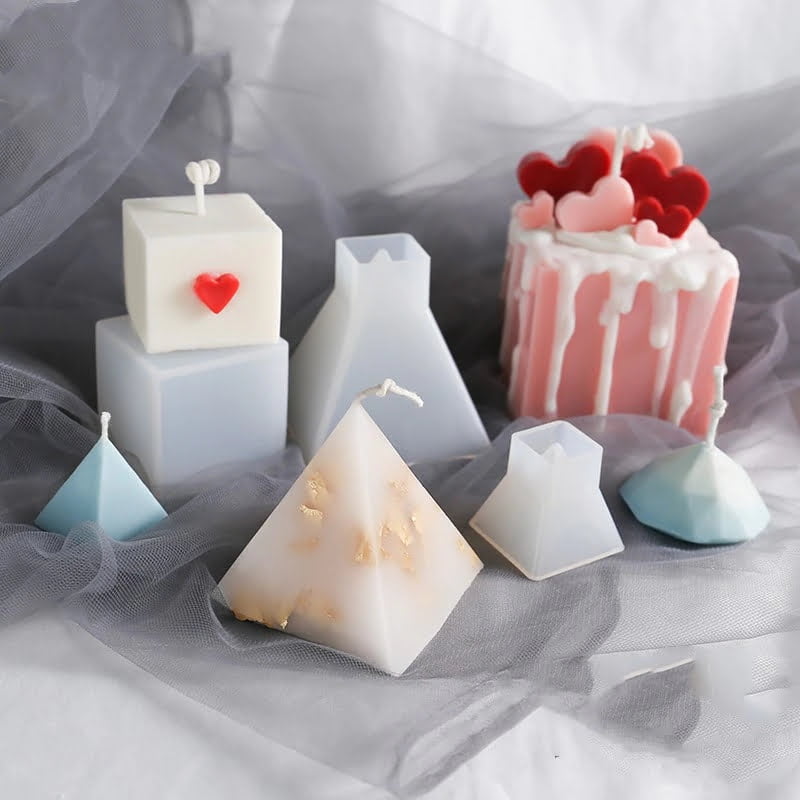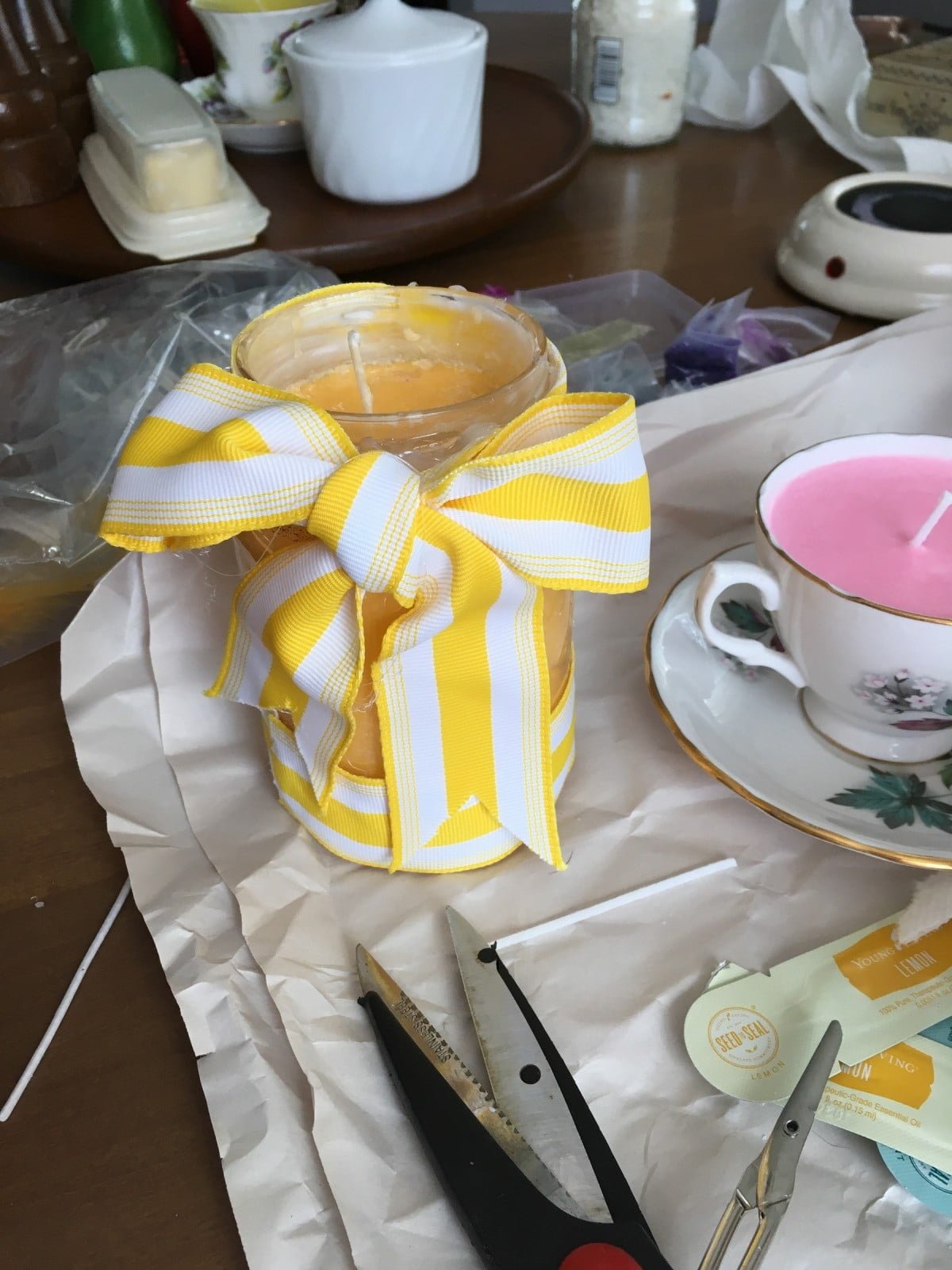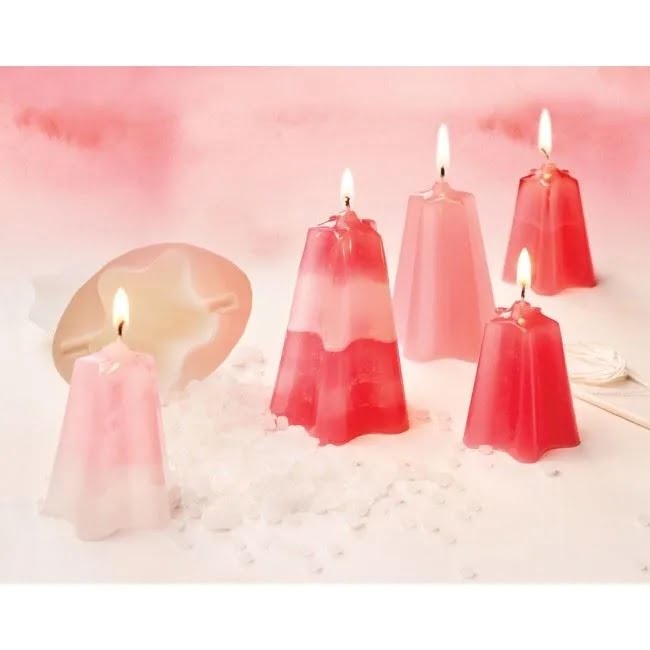Introduction
Making candles from scratch is a fun and rewarding activity. Not only can you create a unique and personalized fragrance, but the process can be relaxing too. With the right supplies on hand, it’s an easy weekend project to tackle that will yield beautiful results. Here’s how to make your own candle from scratch:
1. Gather Supplies ” Begin by gathering your supplies. You’ll need wax (either natural soy or beeswax works well), wicks, smell-infusions such as essential oils, a pouring pot, mold or container of some kind, thermometer, and other small tools like a chopstick or wax spoon.
2. Prepare Wax ” Next it’s time to melt down wax in a double boiler technique which involves heating the pouring pot with hot water then adding chunks of wax in repeatedly until all of it has melted down into a liquid form that is smooth and hot enough for pouring into mold. Make sure to keep an eye on temperature using your thermometer!
3 . Prepare Container ” Whether you are using an old mug or putting your candle into different style containers prepare them ahead of time so melting wax doesn’t have far to go before solidifying. If using glass containers also be careful about overflowing hot liquid as this can crack them easily with sudden change of temperature.
4 . Add Scent ” Now you can add scent infusions like essential oils and allow them to mix together in the pot while still warm but not hot enough to burn off scent additions too quickly when poured into mold later on.
5 . Add Wick ” When everything else is prepped tie up end of wick at base and insert into container being sure not to let it touch sides so that liquid wax doesn’t pool around its edges once poured in place because this could cause wick tip get excessive amounts of wax dripping over as surrounds cools down after adding heat source inside; instead keeping nearly parallel to bottom should provide most effective results when cooling.
6 . Pour Wax ” Using said double boiler technique mentioned above gently pour melted liquid mixture into prepared container- noting if any adjustments need be made according amount coming out vs going down should happen before fully cooled- otherwise making corrections becomes more difficult task! Allow your candle some time on countertop cool completely harden before lighting it up otherwise may not last long before amount becoming flammable exceeds safe parameters set forth by National Candle Association recommends no higher than 400 degrees Fahrenheit (204 degrees Celsius).
Gather Your Supplies
Before you begin making your candle from scratch, it is important to gather the essential tools and materials necessary for this project. Items such as wicks, wax, containers or molds for the candle, thermometer to measure temperatures during the process, a double boiler pot to melt the wax in, scissors for snipping lengths of wick off and stirring utensils for mixing the wax are all essential to have on hand. If you wish to add fragrance or colour powder to your candle then these items should be gathered along with a scale or spoon for measuring them. Many candle makers utilize Melt and Pour soap bases in order to create their candles since they offer an easy way to quickly make scented candles; other craft supplies can also be used depending on your desired result. Be sure all of these tools and materials are gathered before starting this project.
Prepare the Wick
To make a wick for your DIY candle, you will need cotton thread or cotton string, scissors, beeswax (or another stiffening agent like soy wax), and an old pen or chopstick. Start by cutting two equal lengths of thread or string to form your wick. Then stack them on top of each other and tie one end with a simple figure 8 knot. This will give the wick some strength and help it stand up straight in your candle. The next step is to use the beeswax or soy wax to stiffen the wick further. Melt the stiffening agent in a double boiler, ensuring that it does not boil as it may cause discoloration or even ruin your material. Once melted, submerge the entire length of the wick into the melted wax and leave it to soak for 5-10 minutes. At this point, you may need to hold onto either end of the wick with an old pen or chopstick so that it remains straight while soaking in the melted wax. When finished, place the stiffened wicks out on a flat surface – such as parchment paper – to dry for about 10 minutes before continuing on with making your homemade candle!
Heat the Wax
Before you can get started with your candle-making project, you’ll need to have some molten wax. To melt and mix the wax for your candles, start by heating it in a double boiler. A double boiler is composed of two separate vessels that heat up together without direct heat exposure on the actual wax. This allows for more even and temperate heating throughout so there’s less possibility of scorching. Plus, this method can help eliminate air bubbles that might occur if you try to apply direct heat to the wax itself.
Once the wax has melted within the double boiler, slowly add any desired coloring or scents to give your candles an added touch of personalization. Once all these ingredients have been incorporated into the molten wax” stirring as needed”it’s time to move onto tempering!
Tempering helps preserve the texture and consistency of your candle candles as they cool down after being in their liquid form. Without tempering, your candles may end up with a brittle, crumbly consistency or may crack easily when handled. The most important step for proper tempering involves keeping consistent and equal temperatures throughout whatever kind of mold you are using; adjust as needed based on size/shape and type of material used (metal molds will dissipate heat quicker). Then sit back, relax”and wait! Your perfect candle awaits.
Add Color and Fragrance
Adding color and fragrance to your candles can be a great way to make them unique. If you’re looking for an extra special touch, opt for candle wax pigment powders or colors designed specifically for wax candles. You can either add the powdered colors directly into molten wax, or melt some of the wax down and remix in the powder before pouring it into your molds. Candle fragrance oils are also available in a wide range of scents, both natural and synthetic (soy-based fragrances are best). Fragrance oils should also be added to your melted wax once it’s reached optimal temperature, anywhere between 135°F and 155°F. A good rule of thumb is about 1/2 to 1 ounce per pound of wax. Though some have differing opinions on quantities, experimentation is oftentimes key for those who want that personal touch. Too little scent won’t measure up – best to start small until the desired aromas are achieved!
Pour and Set
1. Start by pouring melted wax into your chosen container. Be sure to use a thermometer to ensure the temperature is between 165-180°F (74-82°C). Once the right temperature is reached, pour wax slowly in a circular motion and fill up about 2/3 of the way full.
2. Once you’ve finished pouring, take out any air pockets or areas that are not filled with wax by lightly tapping down around the edges of the container with your fingers.
3. Place wick from your wick anchoring kit in center of candle container and get it to stand tall and straight by securing it to a pencil or tool, then wrapping excess around it for stability in the middle of your candle. You can also use some glue if needed.
4. Once secured, tie off any extra length on the end of the wick so that it is just barely visible above the top of the container once inserted in melted wax.
5. Place candles in a cool area where they will not receive direct sunlight or be disturbed while they cool and set up overnight undisturbed.
6. After approximately 12 hours, trim the excess off of each wick so that it sticks up no more than ½ inch (1 cm) above base before lighting candles again after they have completely cooled and set up properly
Finishing Touches
Once your candle is ready, there are several fun ideas for adding some special finishing touches. To give it a unique designs, you could try rolling the wickless side of the candle in something like sand or glitter to create an interesting texture and color on the outside of the wax. You can also dip a brush into a solution of baking soda and water and paint stripes onto the candle to give it a striped pattern. Sprinkles and embossed powders are another great way to decorate your candle while still allowing light to shine through. Finally, adding dried herbs and petals creates an interesting look when translated into wax form.
Conclusion
Making your own candles at home can be a rewarding experience. Not only will you learn new skills and hone basic ones, but you’ll also enjoy the fact that you made something beautiful with your hands. The feeling of accomplishment is unsurpassable and the reward comes when lighting up your candle, feeling the warmth fill the room, and being enveloped in its exciting scent! Being able to create a high-quality candle from scratch gives you flexibility and a wide range of options to customize it as desired. With some patience, attention to detail, and effort, you now have “home-made” beautiful lighting for special occasions or an addition to everyday life. Enjoy the results of your hard work–delighting both yourself and others!

Welcome to my candle making blog! In this blog, I will be sharing my tips and tricks for making candles. I will also be sharing some of my favorite recipes.

